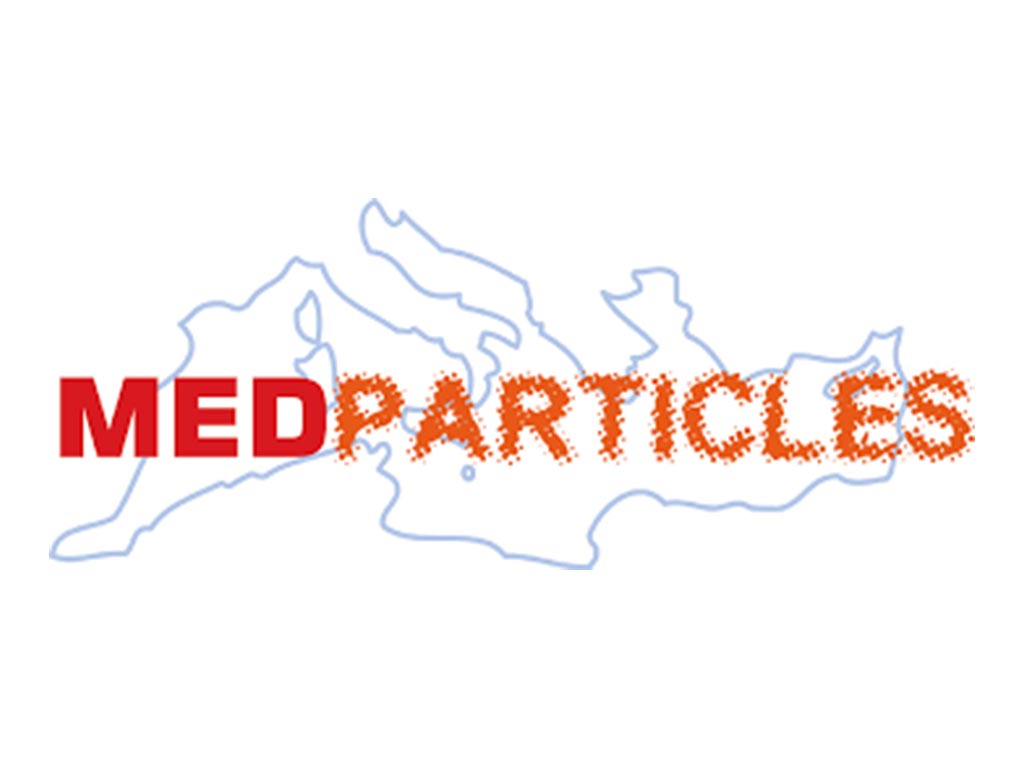
Abstract of the project
Knowledge of the effects of air pollution on human health has grown in recent decades as a result of the enormous scientific effort to design and conduct large epidemiological studies. At present, most scientists agree that airborne particles with a diameter of less than 10 micrometers (μm) have the most significant short-term effects on human health, with fine particulate matter (PM) being the fraction responsible for the most serious effects.
The coarser fraction (PM2,5-10) has a predominantly natural origin, while the finer fraction (PM2,5) is produced by combustion (vehicles, industry and power plants) and is mainly responsible for the increase in mortality due to to breathing and heart disease. Epidemiological data are more scarce for the European Mediterranean countries.

A statistical data analysis protocol was developed to examine the effects of air pollutants on short-term mortality and morbidity in multiple cities, which gained power from the pooling of city-specific findings and increased representativeness on a wider geographical area. By providing extensive data on pollutants and meteorological parameters, together with tools to address air pollutant problems, the project produced new evidence on the short-term health effects of fine and coarse particulate matter and Saharan dust and forest fires incidents, mortality and on hospital admissions in the 14 cities of the Mediterranean.
National Research Council - Atmospheric Pollution - partner
Piedmont Environmental Protection Agency (ARPA) - partner
National and Kapodistrian University of Athens - partner
Fundació Center de Research en Environmental Epidemiology (CREAL) - partner
Regional Agency for Prevention and the Environment of Emilia Romagna - partner